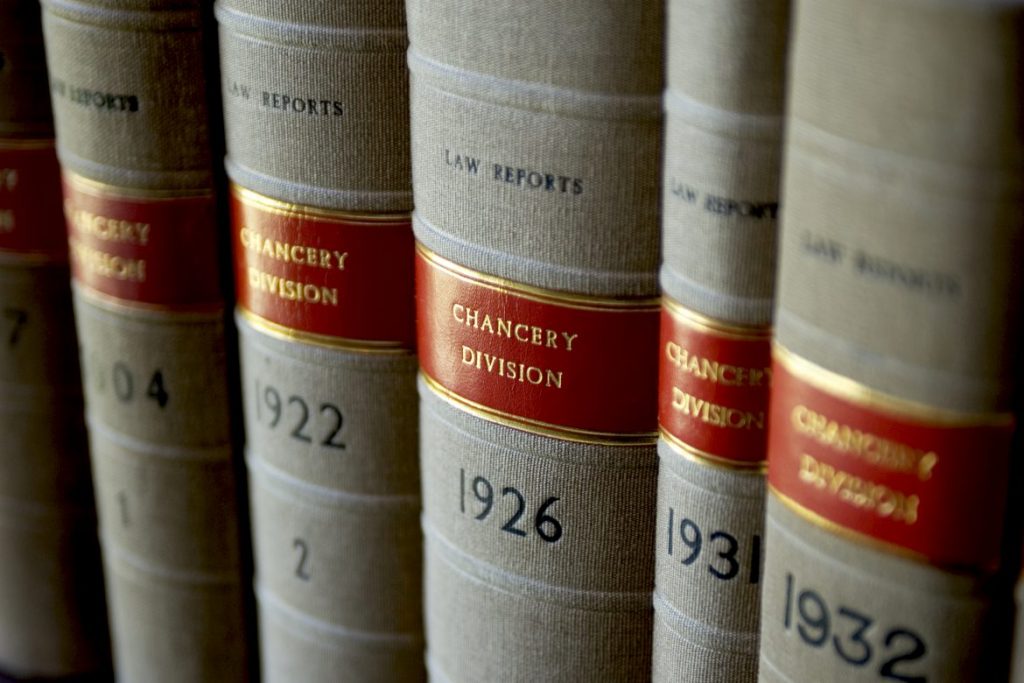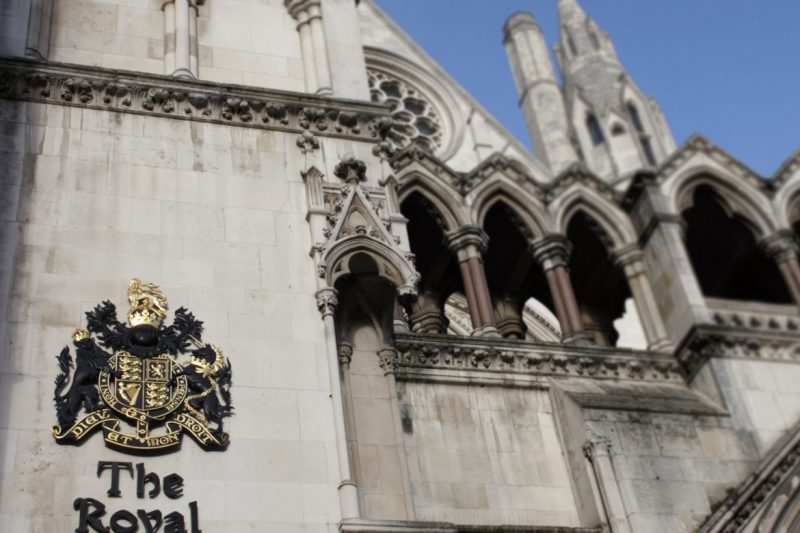Charles Edwards, Barrister and TECBAR Adjudicator reviews the case of Breyer Group Plc v RBK Engineering Limited [2017] EWHC 1206 (Ch). This case will be of interest to the construction industry as more and more companies within the industry consider whether issuing a winding-up petition might be the right course of action to take due to non-payment for construction works carried out or whether to start adjudication proceedings or proceedings generally.
The Chancery Division of the High Court considered an application by a construction company to strike out a winding-up petition presented against the company by a Sub-contractor. The Applicant in this matter was Breyer Group Plc and RBK Engineering Ltd, was the Respondent. The Applicant made an application in the High Court by notice on 2 May 2017 for an order to restrain the Respondent (Sub-contractor) from proceeding further with a creditor’s petition to wind up the Applicant, whether by advertising the same or otherwise and that a petition was to be removed from the file or struck out.
The Applicant entered into a sub-contract with the Respondent on 28 May 2015 for the supply on a supply labour, plant and materials to carry out Kitchen, Bathroom, W/C and OT Shower Room refurbishments. A dispute arose between the Applicant and Respondent out of non-payment by the Applicant of a sum allegedly due in respect of work undertaken by Respondent as a sub-contractor for the Applicant.
The winding up petition claimed that the Applicant was indebted to Respondent in the sum of £258,729.16, in respect of valuations for goods supplied and services rendered for electrical remedial works and other works and other associated charges supplied by the Respondent to the Applicant, at the Applicant’s request. It was also claimed that the Applicant was unable to pay its debts as they fall due and specifically that it has failed to pay instalments due under Valuation 10 which were due on 4 February 2017. The Applicant contended that it was not insolvent and that the debt in question was disputed. It also contended that there was a substantial counterclaim. The Applicant stated that the continuation of these winding up proceedings were likely to have an adverse impact on its business, both as a result of creating an adverse credit reference and because of the impact of such a petition (and knowledge of it) on other contracts as well as banking relationships.
The Court, in the circumstances, agreed with the Applicant’s submissions and stated amongst other things that, the Applicant was not unable to pay its debts, on the evidence before the Court. There was a range of reasonable potential defences to the Respondent’s claim as well as significant potential counterclaims whose value remained to be quantified. The Court accepted that the petition debt was disputed by the Applicant on bona fide and substantial grounds and that the Applicant had a potential substantial cross-claim. Further the Court was not satisfied that, at the date of the petition, the Respondent was a creditor of Applicant and that it had standing to present this petition. To the contrary, the Respondent appeared to the Court to be in the position of a conventional claimant on an invoice where the liability to pay the bill was disputed and where the dispute was wholly unsuited to resolution in insolvency proceedings. The Court was of the view that:
“…such petitions also have the potential to create injustice because a company against whom a winding up petition is sought may feel pressurised into paying simply to avoid the petition being advertised which may itself have a range of serious commercial consequences on banking and other contractual relationships. In that way, such proceedings can operate as a form of commercial oppression, where the very existence of proceedings can be the source of disproportionate injustice. While the court must be astute to avoid having the wool pulled over its eyes by a debtor trying to escape its obligations, it must be equally astute to avoiding injustice being caused by a potential creditor using insolvency proceedings to make it less likely that a justified defence or counterclaim will be pursued because the alleged debtor will be pressurized into paying the claim in full before that can be done.”
The Court provided guidance with regard to the principles to be considered with regard to striking out applications, such as the one being considered by the Court. These included:
“Striking out – principles
- The principles upon which the court will act in striking out a winding up petition are well known and were not in dispute. In Angel Group v. British Gas [2012] EWHC 2702, they were summarized as follows by Mr Justice Norris at [22]:
Charles Edwin Edwards MSt(Cantab) MSc(Lond) FCInstCES Barrister
NEW TEMPLE CHAMBERS
2nd Floor Berkeley Square House
Berkeley Square
Mayfair
London W1J 6BD
Tel: +44(0)207 887 6098





